A Family Affair
By Heather Mayer Irvine
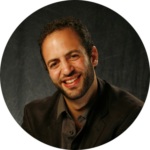
Ziad Foty ’10
Siblings Ziad Foty ’10 and Fairouz Foty ’11 started making a name for themselves on the Lafayette campus when they were still in high school. The Posse program recruited Ziad and accepted him to Lafayette. Just a year later, Ziad’s sister Fairouz was admitted to Lafayette through Posse.
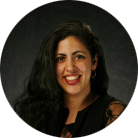
Fairouz Foty ’11
“It’s unusual for siblings to get a scholarship for the same school [through Posse],” Fairouz says. “We may have been the first ones.”
The artistic brother and sister didn’t disappoint: One after the other, they headed north to Easton from Washington, D.C., and jumped, headfirst, into the music and film scenes.
In Their Blood
The Foty siblings come from a large family—there are five children in total—and grew up surrounded by music and art. Their father is an Arabic singer who plays the oud (lute) and toured all over the country, which is how he met their mother.
“[Our parents] were brought together through the arts,” Fairouz says. “The arts have always been very central to our upbringing.”
Growing up, the Foty siblings performed with their father, often in conjunction with social justice issues, including voting rights, gentrification, and war protests. After participating in an anti-war demonstration when Fairouz and Ziad were in high school, the pair started composing music together.
In Washington, D.C., they were exposed to different musical genres, including gospel, go-go, hip-hop, R&B, and jazz.
“We used our influences and Arabic background [for composition],” Fairouz says. “Music has always been central to our identities.”
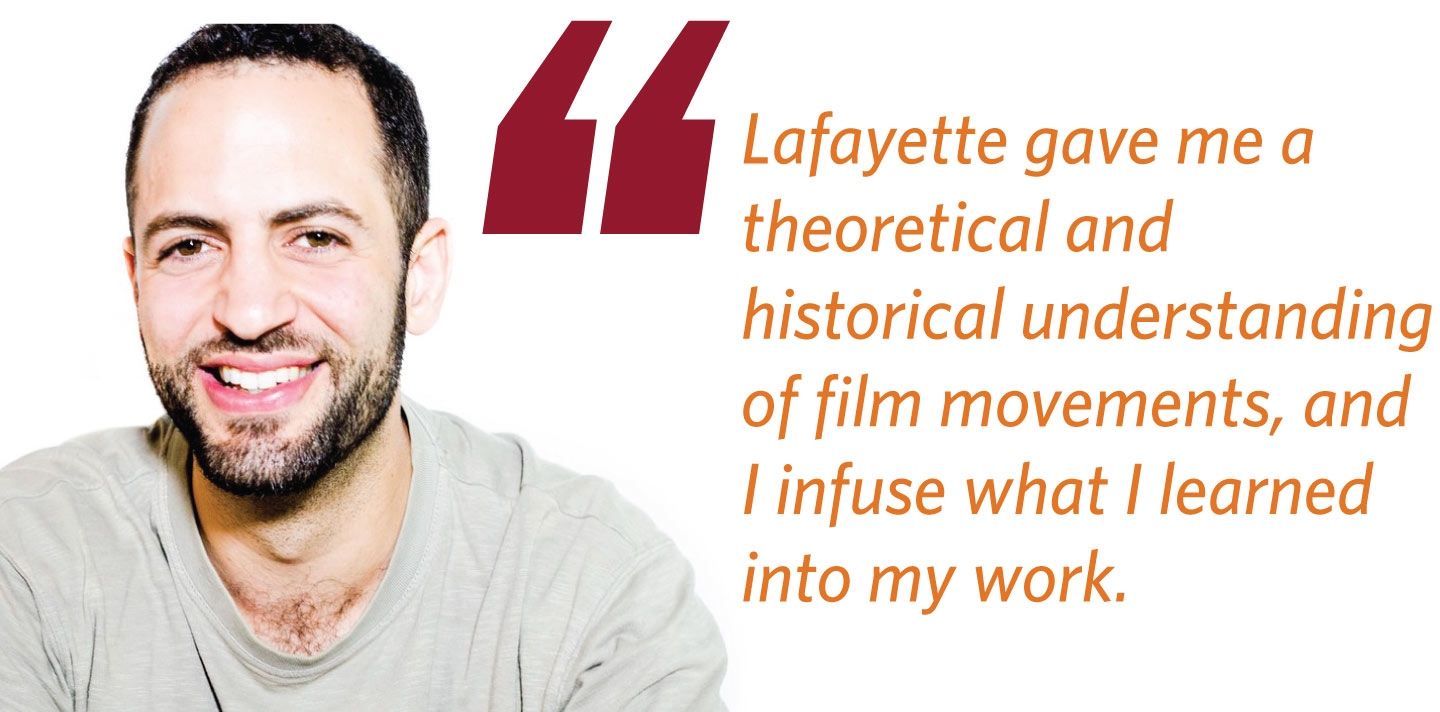
The family performance group, Foty Fusion, has since morphed into a family-owned production company, Foty Fusion Productions, Incorporated, which offers a range of arts services, including photography, dance, and music.
Ziad attributes Lafayette for fostering creative energy that has influenced some of what the family company does today.
Making a Difference On and Around Campus
It wasn’t enough for the Foty siblings to focus on their studies or commitment to the Posse program. They got involved on campus and in the local community throughout their tenure at Lafayette.
Ziad started a film club. Members screened movies produced by fellow students and hosted a film festival. As a first-year, Fairouz also worked with Landis Center for Community Engagement to bring a music program to the local senior center.
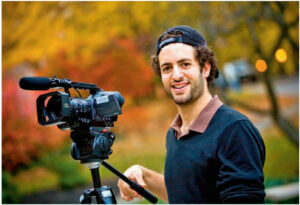
Ziad Foty ’10, pictured at Lafayette in 2010, led inmates at Northampton County Prison in discussions of The Things They Carried, a book set in the Vietnam War, as part of an English course. He organized the book club as a precursor to teaching film literacy to the prisoners.
“We raised the spirits of the seniors who were there,” Fairouz says. “I was so encouraged [by Lafayette]. When I thought of the idea, the resources [to execute] were immediately given to me.”
When he wasn’t embedded in his filmmaking, Ziad volunteered his time to his sister’s music program at the center, making it a family affair.
And both Ziad and Fairouz were involved in the campus choir, in which Fairouz was one of two opera singers.
“You’d think [having just two opera singers] would be a negative thing, but Lafayette made sure we were being highlighted,” Fairouz says.
Today, Fairouz, who earned her master’s degree at Westminster Choir College in Princeton, is a professional opera singer in Washington, D.C., with the Washington Opera Society. She works with different organizations to help school-age children sing abroad; she has assisted in an exchange program in Cuba and Costa Rica.
Ziad, while still musically inclined, is a filmmaker in Washington, D.C., and a visiting professor at Catholic University. He earned his MFA from Trinity College in Dublin and then went on to graduate with an MFA from Howard University.
Both Fairouz and Ziad credit the small size of Lafayette for giving them experiences a larger school may not have been able to provide, like one-on-one feedback with renowned professors or free tickets to campus performances.
Ziad uses what he learned in his film classes in his own teaching and filmmaking.
“[Lafayette] gave me a theoretical and historical understanding of film movements,” he says. “And I infuse what I learned into my work.”
Ziad specifically remembers Professor Andy Smith, whom he says recognized his student’s talent and nurtured it.
“Andy Smith always seemed really excited to watch the films [he showed in class]. He was really into it,” Ziad says. “And that means something to have a professor who is dialed in and pushes students to the next level. That ultimately led me to my master’s program at Trinity College.”
The Power of Posse
The Foty siblings might not have attended Lafayette if it hadn’t been for their acceptance into the Posse program, which provides support and full-tuition scholarships.
“The program was really accepting from the beginning,” Ziad says, noting the weekly meetings that were designed to help Posse students acclimate to life on campus.
“Posse was very helpful,” Fairouz says. “We came from D.C. [public schools] where the demographics were mainly students of color. It was a cultural shift, coming to Lafayette College. There wasn’t even the capacity to make an Arab student union; we were the minority of the minority.”
Ziad commends the Posse program for connecting students who might otherwise not get together.
“[The program] tends to be the force that brings people together,” he says. “It’s really about trying to create change and impact on campus.”
Ziad points out that students accepted into Posse are inherent leaders—one of the determining factors in the program’s acceptance—and the program helps them grow and create change on campus and in the community.
Embracing Diversity Through Music and Film
The Foty family took its passion for music—specifically for elevating Arabic music—and opened a music school, Quarter Tonez. Its after-school programming educates 60 students, and most recently, the focus has been on Egyptian music.
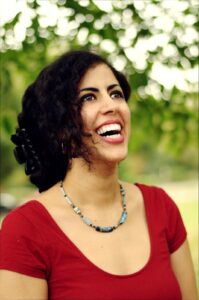
Fairouz Foty ’11
“My siblings and I try to accurately represent underrepresented groups through art,” says Fairouz, who assists her family in the school business.
Ziad, who teaches communications in the media studies program for Catholic University, is writing a book with his colleagues on the global horror genre in cinema. He also supervises an internship program and is working with another filmmaker on a documentary about D.C. statehood and how slaves built the nation’s capital.
“I knew storytelling was important and having a dual background [in music and film] would be perfect for storytelling,” Ziad says.